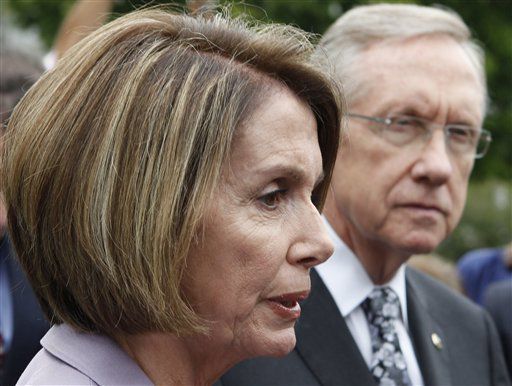HB 23-1190 would devastate multi-family housing market | OPINION


With the legislative session behind us, all eyes are on Gov. Polis as he considers the bills that will become law and those that will not.
We have written a letter, as have scores of others, asking the Governor to veto HB 23-1190, the so-called Affordable Housing Right of First Refusal. It would take Colorado in a very damaging direction.
The controversial bill made headlines throughout the session and was opposed by over 35 organizations, including business and local government.
Its core tenet? It would give local governments the right of first refusal to purchase multifamily housing projects that are coming onto the market. In other words, local governments would become active, tax-subsidized competitors to private enterprise. More than that, they would become the owners of public housing projects in a bid to make individual units more affordable for renters.
If this bill becomes law, it will hurt investment in the multi-family market, damage Colorado’s business reputation, open the floodgates for litigation, stifle the supply of multifamily housing, and undermine private property rights and interests in Colorado.
As we wrote in our letter to the governor, the bill authorizes local governments to literally take a property interest from sellers by asserting the right of first refusal, and it does so with no compensation.
Stay up to speed: Sign-up for daily opinion in your inbox Monday-Friday
When cities decide to exercise the right of first refusal for properties that come onto the market, they put the seller of the property into a new and ambiguous compliance regime, that is deeply fraught with financial risk; missteps could cost sellers literally tens of millions of dollars in fines (30% of the selling price – consider the fine that could be issued on a $100 million apartment building).
Moreover, and astonishingly, HB 23-1190 creates a new private right of action for any 501(c)3 – from Colorado or any state – to sue a buyer or a seller for failure to meet the protracted timelines and extensive hurdles set up in the bill. Even if a city does not feel aggrieved, these organizations may bring civil actions at great risk to the sellers and buyers. A new nonprofit organization could literally be set up for the sole purpose of patrolling the sale transactions of multifamily projects in Colorado and ensnaring the parties of multifamily transactions in devastating lawsuits. Who would want to invest in a state like that?
If that is not enough, property owners could be forced to sell whether they wish to or not if they wind up in a lawsuit. Imagine that. Colorado would stand alone in the United States in this regard as it would become the only state that requires a property owner to offer its property to the local municipality merely because it is involved in a lawsuit. The impacts of such a taking of rights on investors and property owners cannot be overstated.
If signed, cities would be granted an especially abusive kind of power: they would have the ability to delay closings virtually indefinitely. Aside from being grossly unfair to sellers, the period of prolonged uncertainty will become both a great injustice against the property owner and, again, will create another disincentive to enter the marketplace in the first place. Fewer new market entrants will mean costlier housing as supply diminishes.
In terms of market damage, HB 23-1190 would initiate an immediate and massive loss of property value. The CoStar Group, the world leader in commercial real estate information, assessed the effects of enactment. Based on their data, upon the effective date, there will be a 3.23% reduction in the value of the $48 billion worth of multifamily units in Colorado that would be subject to the law, for a day one loss of $1.57 billion in value. This loss of value would send shock waves throughout the multi-family investment community as the open question about it would be: does Colorado really take private property ownership seriously? What’s next? Grocery stores, urgent care facilities or utilities?
The legislature’s focus on housing costs may have been well-placed, but the answer to affordable housing is found in encouraging more supply, not more rules, more lawsuits and more public ownership of private property.
Mike Kopp is the president and CEO of Colorado Concern













